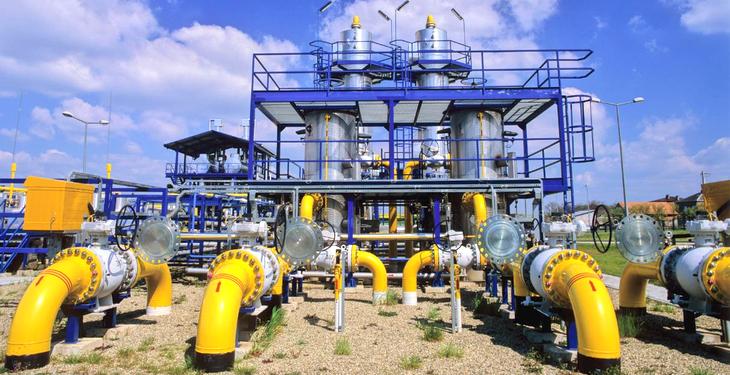Romania is one of the three European states with obligations related to centralized trade of natural gas.
In Europe, the existence of natural gas trading obligations on centralized markets or other forms of open auctions (or Gas Release Programs) represents an exception rather than a general rule, found the experts from Deloitte in an analysis related to natural gas trading obligations on centralized markets or other forms of open auctions in Europe.

“The 30% quota currently established for the Romanian producers is sufficient for triggering the natural gas market development. In the future this quota could be modified or eliminated, based on the evolution and development of the market”, considers Razvan Nicolescu, Energy and Resources Industry Leader, Deloitte Romania.
Temporary obligations under specific conditions
Historically, natural gas trading obligations on centralized markets or other forms of open auctions (or Gas Release Programs) have been introduced temporarily, in certain cases in some European countries as an antitrust measure against former incumbents with one of the following objectives:
- to avoid the creation of dominant positions as undertakings in certain mergers or acquisitions and other related antitrust procedures (as it was the case with France, Germany, Austria)
- to open the gas wholesale market to competition (as it was the case with the United Kingdom, Spain, Italy)
Thus, over time, the natural gas trade obligations on centralized markets or other forms of open auctions (or Gas Release Programs) were implemented aiming relatively low quantities related to national consumption (approximatively 3-10%) and were implemented for a limited period of time (approximatively 4-6 years). This was usually driven by the initiation of certain mergers & acquisition procedures by the main market actors, with the purpose of avoiding the establishment of a monopoly position.
Obligation specific to markets of import
Currently there are three countries where such obligations have been implemented: Romania, with a 30% sale obligation quota for producers, Poland, where 55% of the natural gas quantities has to be traded on the centralized exchange, and Greece, where 17% of the main operator’s annual imported quantities have to be auctioned through the system of electronic auctions.
In Poland and Greece the obligations related to natural gas trading on centralized markets or other forms of open auctions have been introduced in the context of a high import dependency on natural gas, and therefore these obligations are meant to protect against a dominant position of the main gas importer (PGNiG in Poland, respectively DEPA in Greece);
Romania’s current obligation of trading 30% of the quantities sold by producers on a centralized market represents an atypical case among the European natural gas producers, designed to increase the dynamic of the gas wholesale market.
To download the full report please see HERE.
